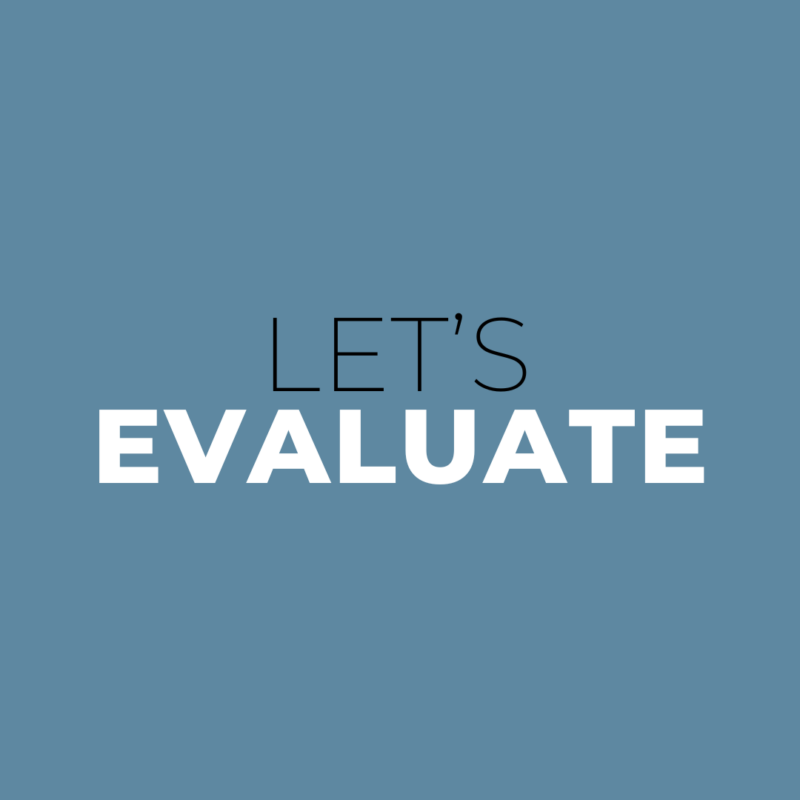Things you should never say to a client
Navigating client relationships can be one of the most difficult aspects of agency life. When someone contracts you to provide communication or PR support, it can be challenging to balance your expertise with the client’s expectations. New client relationships can be made or broken by those first few interactions, so it’s especially important to speak carefully and tactfully.
Knowing what you shouldn’t say is the first step to prevent communication snafus on the front end. As I researched this topic, I found that many online scholars shared the same thoughts, but knew there had to be more phrases to avoid. So, I turned to my team at OPR for insight. As always, they provided great, real-world feedback that I used for this blog. Hopefully, you’ll find it as useful as I did!
- “I won’t do that.”
Barring requests for unethical projects, “I won’t” should never be in your vocabulary. If you’re unable to complete a project for whatever reason (it’s out of the scope of your retainer, your firm doesn’t do this type of work, etc.) provide a solution instead of simply stating the impossibility. Responding with “I don’t think we’ll be able to do that because of budgetary constraints, but I think that I can meet your need by doing XYZ instead” proves that you’re a problem solver and may end up saving the client time and money.
- “So, tell me what you do!”
YIKES! This well-meaning question immediately degrades the relationship between your firm and your client. Even if the client is new to your firm or if you’re meeting with a prospective client, it’s expected that you research and understand what the client does before you meet with them. Come prepared with in depth questions that allow the client or prospect to expand upon their work in a meaningful way while demonstrating that you have a firm grasp on what they do. For example, when onboarding a client who is a physician, you may ask, “So, I saw that you specialized in neurosurgery at Johns Hopkins. What an achievement! How has neurosurgery advanced in the 10 years you’ve been practicing?”
- “I promise.”
You set yourself up for failure when you make promises to a client, even promises you feel POSITIVE you can keep. We all know that media placements aren’t guaranteed, journalists ask prying questions and social media commenters can’t be predicted. We work in a world where nothing is guaranteed, so try to avoid making promises.
- “We do this so much better than Firm B.”
No one likes someone who talks bad about others, and the same goes for businesses. While you’re confident in your firm’s abilities, it’s much better to positively talk about your skills than to downplay others. You’ll position your firm in a much better light and you’ll let your work speak for itself.
- “I don’t think that’s a good idea.”
We’ve all been in a meeting where a client is convinced that the communication plan they’ve developed is the absolute best path. As communication professionals, we need to be prepared to persuade clients to pursue a different direction without invalidating their ideas. One of the best ways to navigate this situation is to work backward from a goal. Once the client sees that your strategies achieve the same goal, they may be more willing to heed your advice.
- “Oh, sure! I can do that.” But, you can’t.
As PR people it is easy for us to constantly say, “yes.” But the sooner we realize that we can’t be everything for every client, the better. It’s always better to err on the side of caution when a client asks you to do something new or outside of your normal operations. While you might literally be capable of completing the task, it may not be feasible within the scope of your agreement. Or, you may think you’re able to complete the task but once you start, you realize it won’t be as simple as you thought. Instead, tell clients you’ll look into their request and prepare alternative options for tasks you simply can’t take on.
- “That one’s not on us.”
Sometimes, projects get off track and on the surface it appears it isn’t your fault. However, we should be driving projects and strategies as the communications expert. It’s our job to identify problems and pitfalls before they happen and work to prevent them. Even though you may not be the source of the problem, it is always on you to make the situation right.
- “That’s not my job.”
In a perfect world, your job role would be neatly defined by five simple bullet points that all of your clients would understand and respect. But, the world isn’t perfect and we’re often asked to do things that don’t fall under our job description (how many of us have had to deliver goody bags all over town?!). But, if you’re being asked to do something that furthers the communication objectives of your client, it IS your job to get it done. While you may grumble this phrase to yourself at your desk, don’t ever say this to a client!


